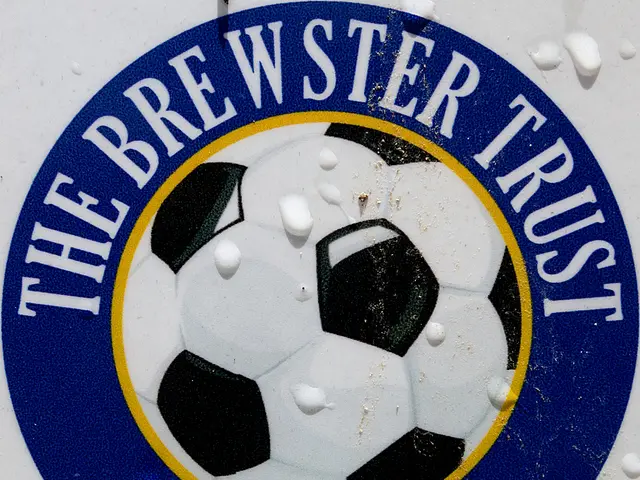Developing Poker Self-Control: The Secret to Being an Irresistible Force
In the world of high-stakes poker, discipline stands out as a crucial factor that separates the winners from the rest. Discipline beats talent in this game because it helps players find the delicate balance between caution and aggression, a balance that every great poker player masters.
Poker discipline involves adhering to a plan, folding when necessary, and walking away when emotions urge one to pursue losses. It is the capacity to choose the right course of action rather than the emotionally gratifying one.
Emotional control and tilt management are essential aspects of poker discipline. High-stakes poker involves significant variance—players can make the best decisions yet still lose due to luck. Discipline means accepting these losses without allowing frustration (tilt) to affect future decisions. Professionals manage tilt by taking emotional breaks and sticking to their strategy without chasing losses or deviating out of anger.
Self-awareness and adaptation are also vital. Maintaining discipline requires a clear understanding of your own tendencies and adjusting your play to the table dynamic and opponents. Recognize when to tighten up or loosen up based on opponents’ styles, and avoid impulsive moves that deviate from sound poker strategy.
Positional awareness and hand selection play a significant role in poker discipline. Talented players use their position at the table to make more informed decisions—acting last provides an advantage. Expanding your range in late position and controlling the pot size accordingly keeps you disciplined about which hands to play and when to commit chips.
Pot control and bet sizing discipline are equally important. Successful players control the pot size—building large pots only with strong hands they’re willing to commit stacks against, and keeping pots small with weaker holdings to minimize losses. This requires discipline to avoid over-committing in marginal spots and to bet or fold based on calculated risk rather than emotion.
Consistent decision-making and pattern recognition are key to maintaining discipline. Discipline involves making decisions based on logic and probabilities rather than short-term results. Observing betting patterns, timing tells, and opponent tendencies helps maintain a rational approach to each hand, preventing impulsive or emotional judgments.
Table image management is another crucial aspect of poker discipline. How others perceive you affects how you can execute strategy. A disciplined player cultivates their table image deliberately and exploits it, which requires consistency and self-control to maintain a portrayal that benefits long-term profitability.
Practical techniques for building poker discipline include keeping a poker journal, setting strict bankroll and session limits, practicing mindfulness or breathing exercises, using software and simulations off-table to study and reinforce disciplined decision patterns, and taking regular breaks during sessions to reset focus and prevent tilt buildup.
Setting clear rules before playing, such as when to leave, how much to lose, and when to quit, is a key aspect of building poker discipline. After losing a large hand, it's essential to remind oneself that poker is a long-term game, take a brief pause, and then concentrate on making the greatest choices going ahead.
Mastering the art of bankroll management, which involves playing only stakes one can afford and never using funds one cannot afford to lose, is crucial for building poker discipline.
By integrating emotional regulation, strategic adaptation, disciplined pot control, and consistent decision-making into your poker routine, you can enhance your self-control and performance in high-stakes environments. Examining the psychological habits of successful poker players like Daniel Negreanu, Phil Ivey, and Fedor Holz can provide valuable insights into their mental routines and habits. Regular daily practice over 30 to 90 days can produce clear development in poker discipline, similar to any skill. The quote "In poker, you can't control the cards you're dealt. But you can always control how you play them." emphasizes the importance of discipline in poker.
In the realm of casino-games like poker, maintaining a disciplined strategy is crucial, as evidenced by the players who choose calculated risks over emotional gratification. This discipline involves adhering to a plan, even in the face of losses, and mastering the balance between caution and aggression (casino-games, poker, discipline).
Emotional control is a significant aspect of poker discipline, with professionals managing tilt by taking breaks and sticking to their strategy, rather than pursuing losses out of anger (emotional control, tilt management, poker, discipline).








